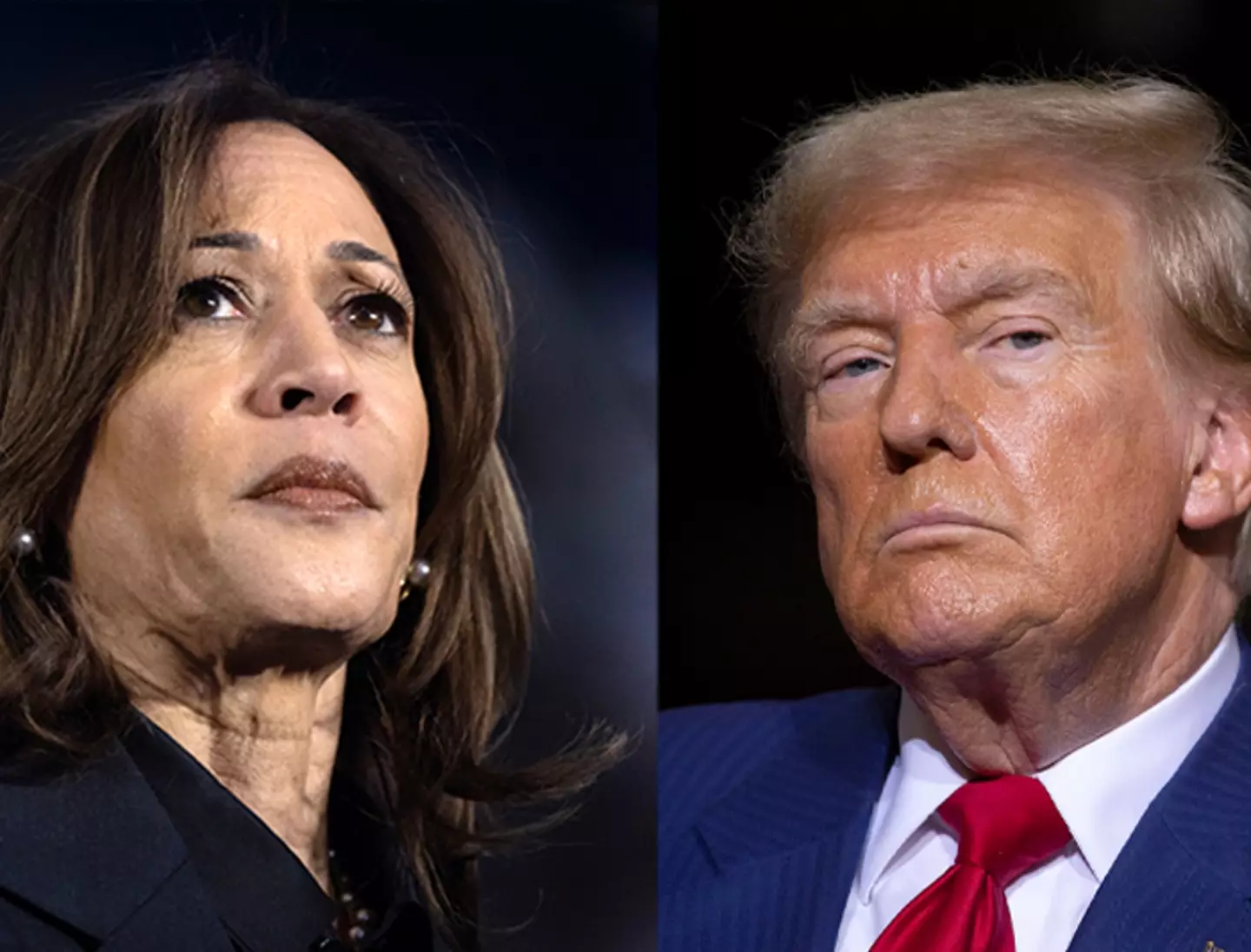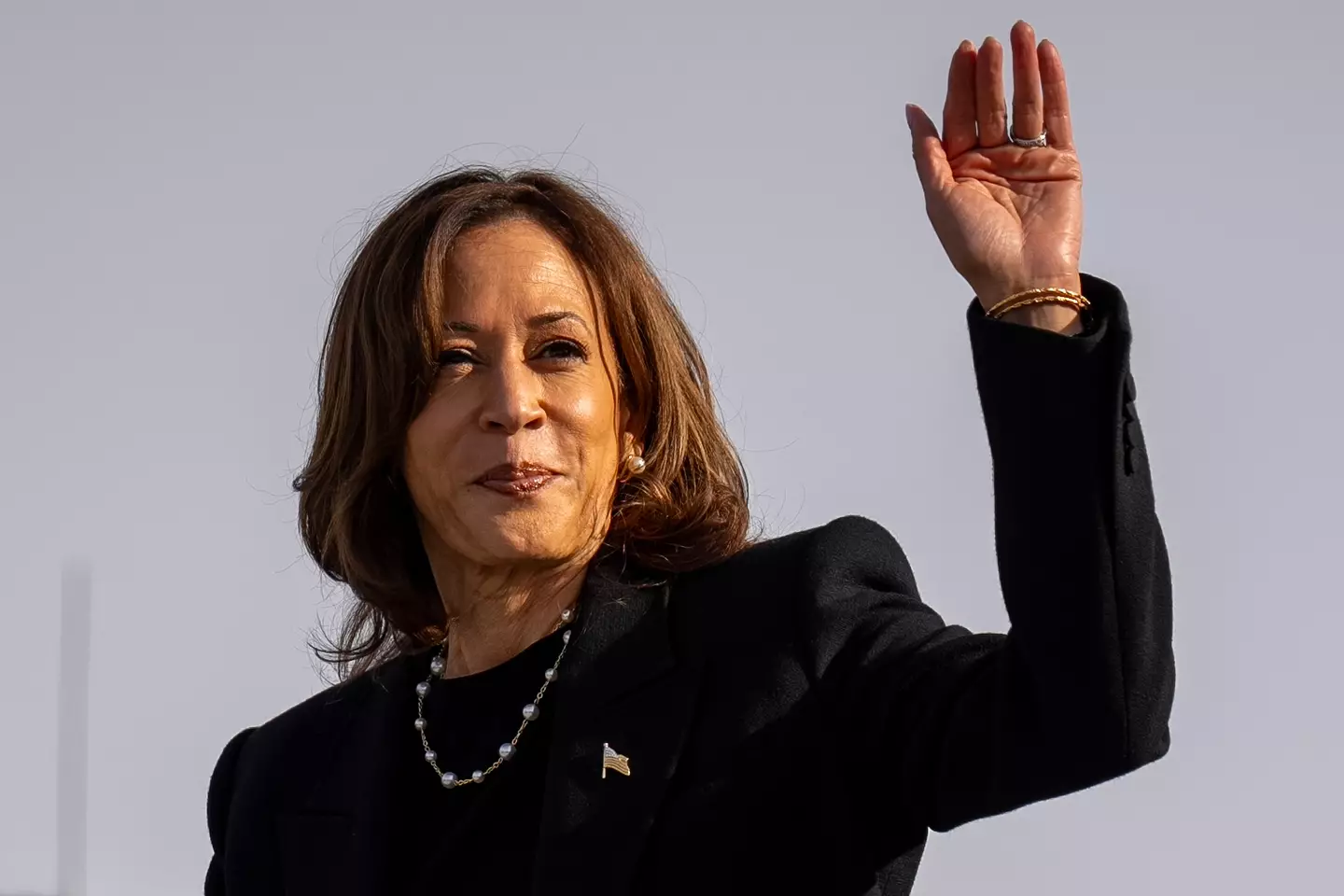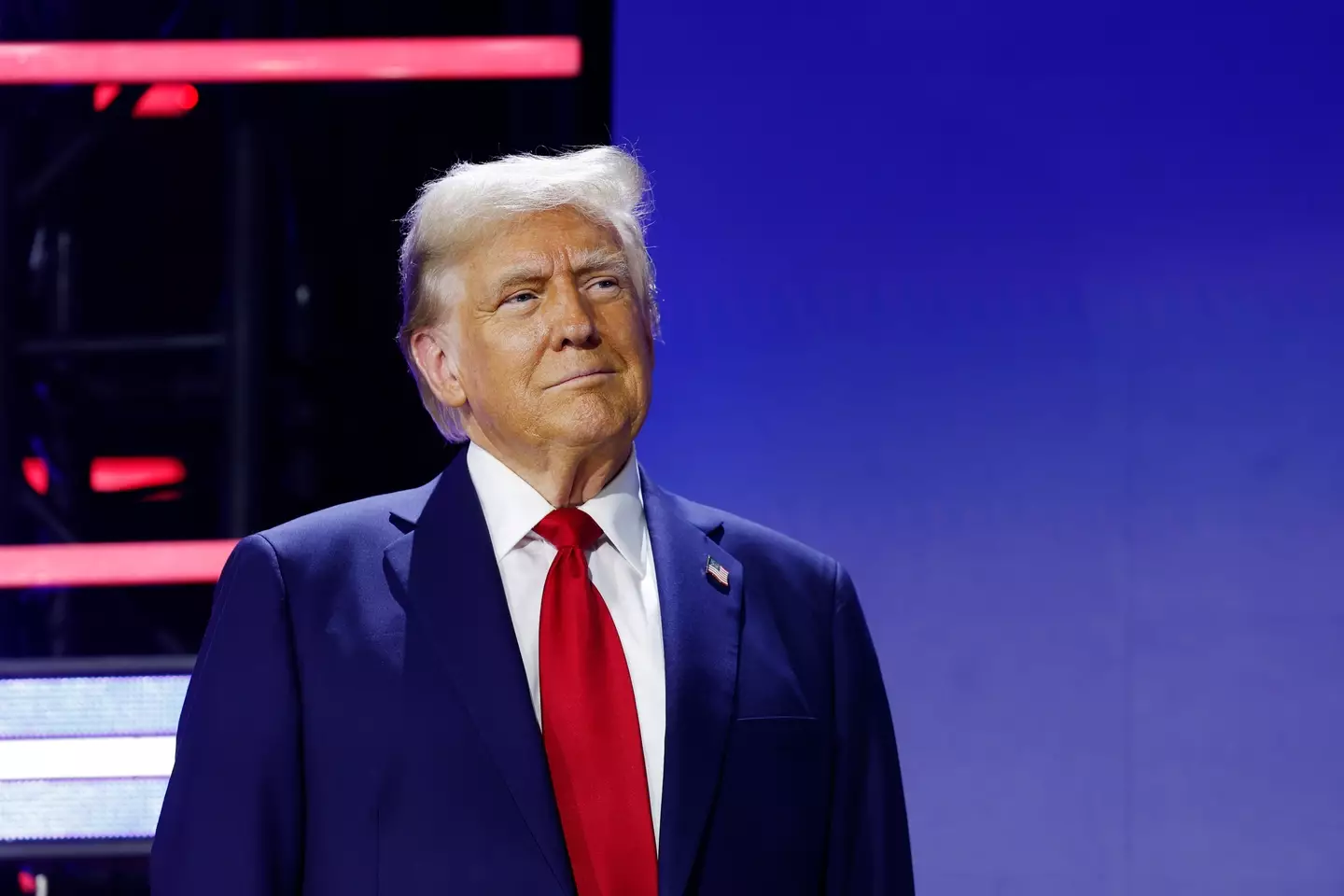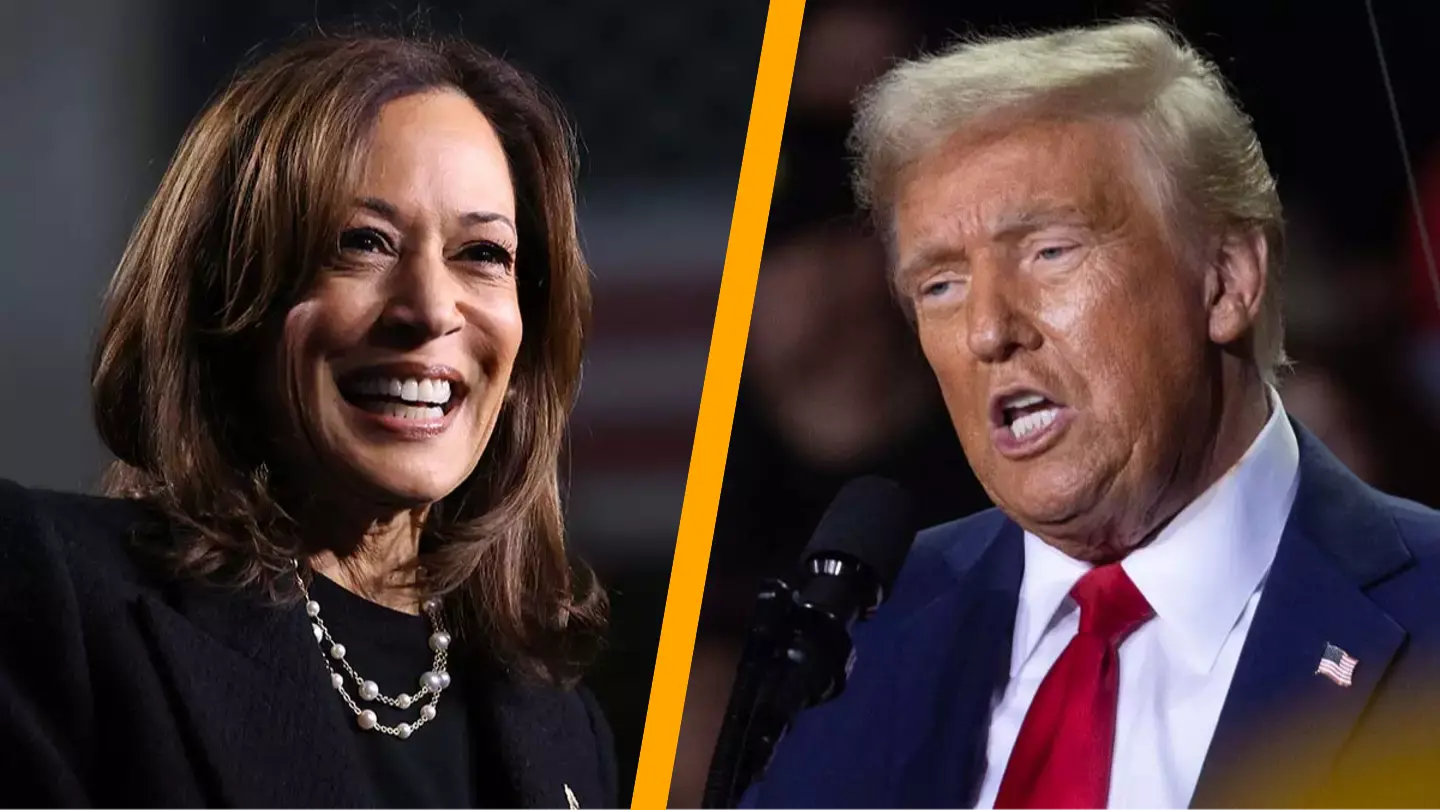This year’s presidential election is shaping up to be highly competitive as the latest polls reveal a tight race between Donald Trump and Kamala Harris.
While a decision will likely hinge on a selection of critical swing states, there exists a slim possibility of an Electoral College tie, which would activate certain procedures to decide the next president and vice president.
Such a tie would occur if both candidates ended up with 269 electoral votes each.
So, what follows in the event of a tie?
The 12th Amendment outlines that the president would then be chosen by the House of Representatives, while the Senate would decide on the vice president.

The newly seated House of Representatives, commencing in January, will convene to count the electoral votes.
If no candidate secures a majority, House members will break the tie by having each state’s delegation cast a single vote.
A minimum of 26 states would need to agree to elect the next president.
Currently, the Republican party holds a majority in the House of Representatives with 26 state delegations, while the Democrats control 22. Minnesota and North Carolina are currently tied.

Washington, D.C., though holding three electoral votes, would not participate in the House vote due to its status as a non-state.
The House can list their top three candidates, but the real decision is anticipated to be between Trump and Harris.
In the Senate, a simple majority vote will determine the vice president, with each senator casting a vote for one of the top two vice presidential electoral vote recipients.

This means choosing between Senator JD Vance or Minnesota Governor Tim Walz.
This process could result in the president and vice president being from opposing parties, though it is uncommon.
Should the House fail to choose a president, the vice president elected by the Senate would assume the presidency while the House continues to vote.
According to the Presidential Succession Act of 1947, if neither body reaches a decision, the speaker of the House would serve as president, although such a scenario has not yet occurred in U.S. history.
An Electoral College tie is extremely rare, but could happen if a third-party candidate garners some electoral votes or if ‘faithless electors’ vote contrary to their pledge, disregarding the state’s popular vote.

